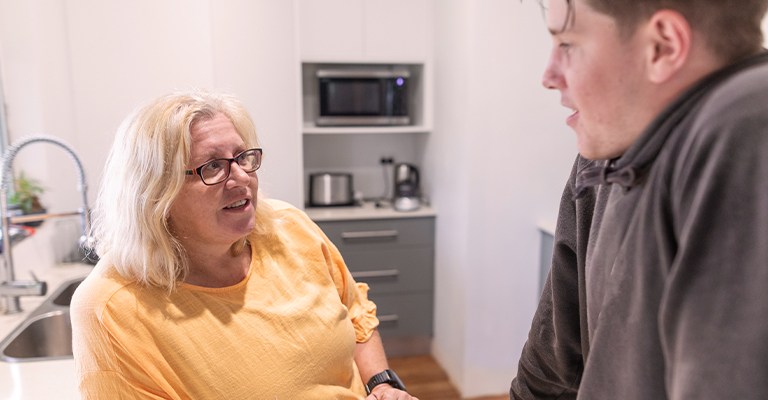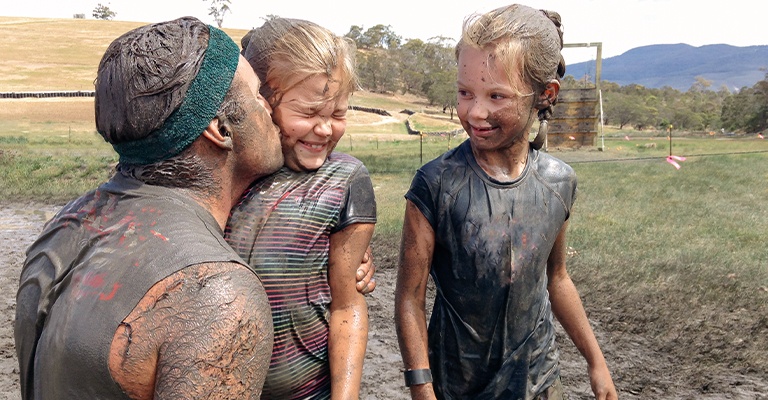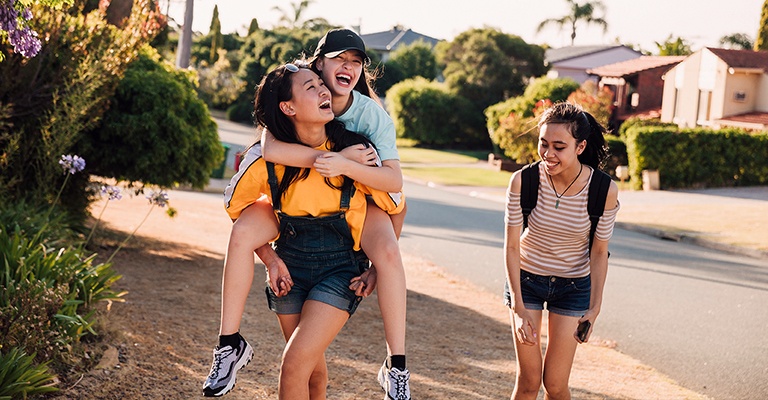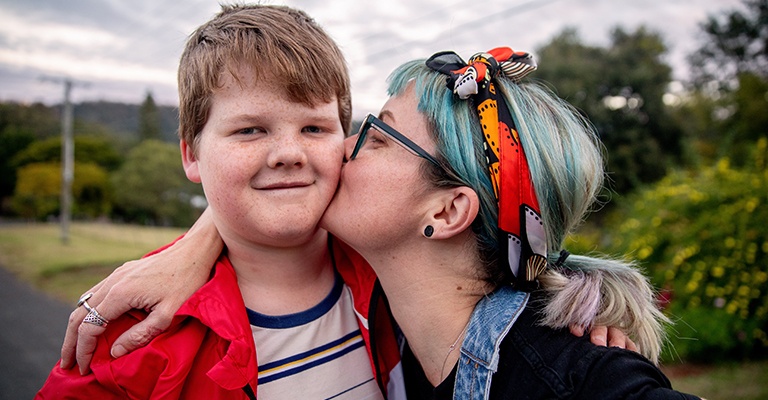- Separation Support
- Counselling
- Mental Health Support
- Relationship and Sexuality Education
- Relationship and Parenting Courses
- First Nations Services
How We Can Help You
Today's life is complex and if you're a young person trying to navigating life during a time of significant physical and emotional change, it is important nothing is left to chance. The relationships and sexuality education we provide in schools is curriculum aligned and evidence-based, focusing on the whole person to help build their resilience and confidence. Our programs will spark discussion and compliment your conversations at home.
Working together we will help build the knowledge and skills needed to be responsible, safe and respectful young humans.
Benefits
As a parent or carer of a student whose school has engaged us to provide relationships and sexuality education you can expect:
- A well rounded education for your child that focuses on them, the whole person, including biology, identity, resilience and self-expression. With a strong focus on consent we include topics around protective behaviour and safety throughout all our programs
- Be reassured in the knowledge that all our programs are age-appropriate, aligning with the relevant National and State curriculums to meet required learning outcomes
Popular Relationships & Sexuality Education Programs
Tricky Talks
2 x 60 minute sessions
Guiding students and their trusted adults to have honest communication about the reproductive system, foetal development, puberty, consent and protective behaviours, so you can navigate this time of development together.
Primary School Programs Information Session
1 x 60 minute session
Providing parents and carers with insight into the relationships and sexuality education journey their young people are about to embark on.
Moving Into the Teen Years - Year 5
3 x 90 minute sessions
An introduction to relationships and sexuality education that prepares growing minds with the knowledge to enter puberty informed and empowered.
Commonly Asked Questions
Please be assured that all our relationships and sexuality education programs are taught at an age appropriate level and are aligned with the relevant National and State curriculums incorporating program logic frameworks and evidence-based practice. Our highly experienced educators are also experts in delivering relationship and sexuality education and are skilled at creating a safe space for engaged learning.
Our programs will be delivered in a way that encourages open conversations about their development at home and school, helping them to feel safe and confident as they learn.
Child safety is our highest priority across all of Interrelate's services. Through our education programs we ensure children are supported to recognise the early signs of unsafe behaviour and build their confidence to speak up when something doesn't feel right.
Yes, consent is an important mandatory theme throughout all of our relationships and sexuality education programs.
Consent is addressed at age-appropriate levels for years 3 - 6, introducing students to concepts about safety, respect and communication. Themes of consent are also woven throughout our online and in-person programs including discussions and workbook activities.
Our program content is aligned with state curriculums and satisfies the relevant syllabus outcomes for teaching students the principles and behaviours that define consent. If you would like more information around this you can contact us directly at schoolservices@interrelate.org.au.
It's common for parents and carers of young people to worry that giving their child information about sex will lead them to become sexually active earlier. We can assure you that early education about relationships and sexuality encourages children to make more informed decisions when it comes to their relationships and sexual health and educates them about the risks involved, giving them lifelong skills about consent and respect.
Supported by research, our evidence-based programs are aligned with positions held by the World Health Organisation and United Nations that appropriate sexual health information should be available to children and young people as a lack of knowledge about sexual and reproductive health can leave children vulnerable to coercion, sexually transmitted infections and unintended pregnancy.
If you have any questions or concerns about the content, we encourage you to reach out direct or discuss with your school the option of hosting a family evening session (Tricky Talks) with our educators where you can learn about our educational programs and voice any questions or concerns freely.
Our approach is to provide children with an introductory understanding of anatomy and the reproductive system including sex and birth. Your child will receive this information at an age-appropriate level with the focus kept on understanding their bodies and the roles they play in reproduction and development, learning the basic principles of consent and boundary setting along the way. The information is presented by the educator and at times supported by animated videos and images of basic anatomy.
No we do not encourage children to have sex. Our relationships and sexuality education programs are centered on the principles of consent and respect and provide them the biological facts of puberty, intercourse, pregnancy and birth.
Our educators facilitate informed discussions about decision-making, consent, respect and safety in relationships including safe and unsafe behaviours, actions and consequences. As a child safe organisation our mission is to deliver evidence-based information to support children entering into puberty helping them to develop confidence and boundaries to keep themselves safe.
Research has shown that early education of relationships and sexuality is linked to positive and healthy behaviour in relationships later in life. By educating children early in life around respectful behaviours and providing consistent opportunities for them to develop a healthy self-esteem and sense of identity, we are empowering the next generation to lead the way when it comes to forming and maintaining respectful relationships.
Our programs are delivered at an age-appropriate level, introducing new levels of understanding about their body's development and forming new relationships as they grow.
Yes, all of our programs have a program logic framework developed around syllabus outcomes and evidence-based research. We partner with external bodies including universities and peak bodies, to undertake rigorous evaluations of our programs, and are proudly endorsed by the ESafety Commissioner to deliver education to school-aged children.
Our Questions Kids Ask Book Series
Explore our range of relationships and sexuality education books for sale designed to help you discuss a range of topics with your family.
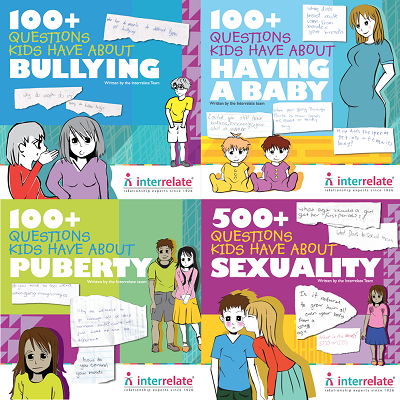
Feedback
We are here to help you and your family reach the best outcome for your situation. If you have any feedback regarding your experience we encourage you to speak with your counsellor, mediator or case worker or reach out to us directly using our message form via the button below.
